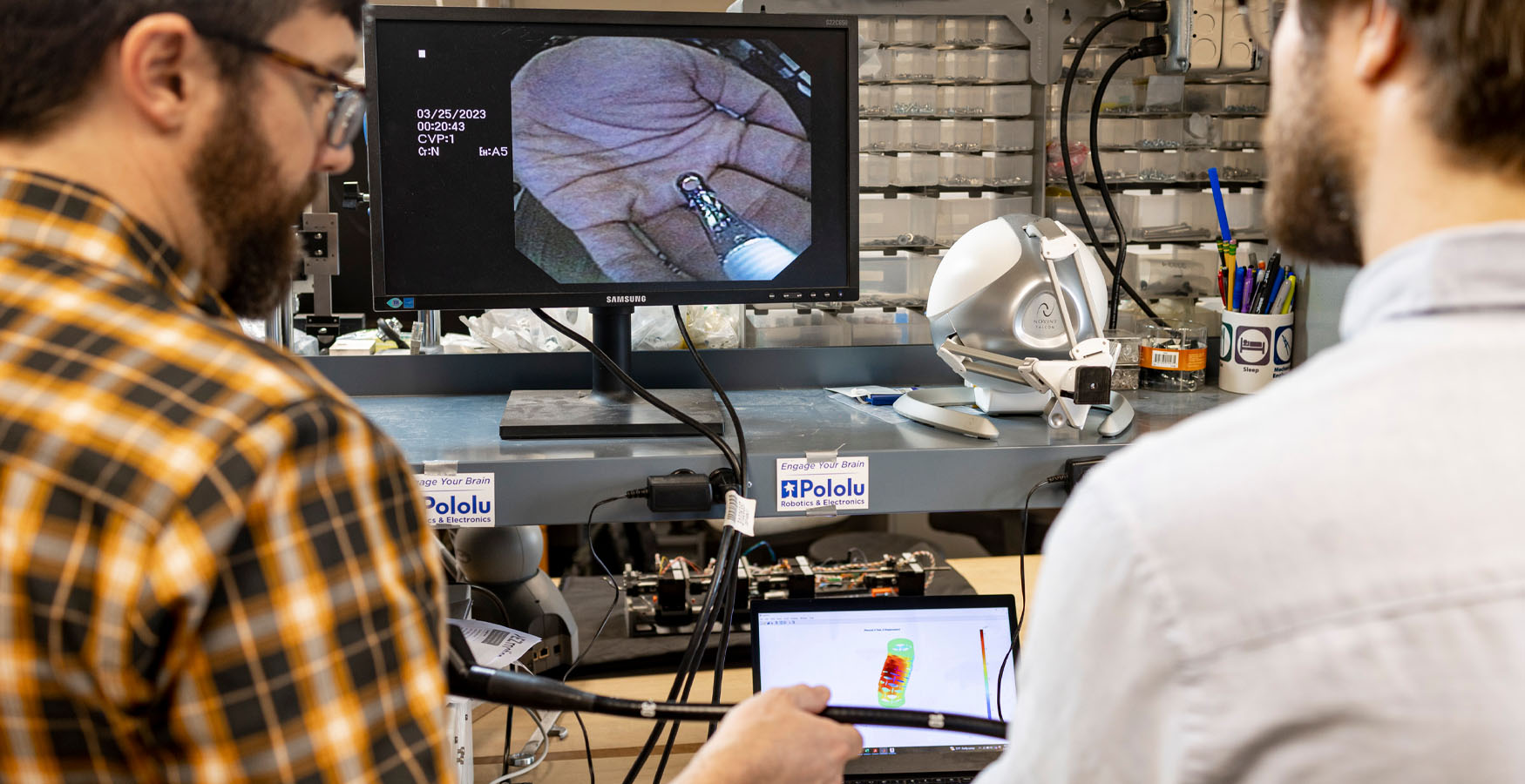Biomedical Engineering to Become Independent Academic Department
Last Friday, the University of Tennessee Board of Trustees approved the proposal to split the Department of Mechanical, Aerospace, and Biomedical Engineering (MABE) into two distinct departments: mechanical and aerospace engineering (MAE), and biomedical engineering (BME). Following appropriate state approvals, a yearlong transition period, and search for its inaugural department head, the new BME department will launch in August 2025.
A transitional BME program director will be named later this semester, and a national search for a permanent department head will begin this fall. Approximately ten core tenure/tenure-track BME faculty will transition over to the new department. Some additional adjunct and affiliate appointments will be determined during the next year.
The separation will allow BME to grow, define its new identity in terms of research thrusts, strengthen specialization in its curriculum, improve external recognition, and increase its national identity. The split will also help the new MAE department programs grow and define their unique identity, marketing, recruitment, research focus, and strategic plan.
“This is a great time for the BME program to become its own department and define its new identity,” said MABE Department Head and John W. Fisher Professor Kivanc Ekici. “This move will allow growth in all three programs in terms of number of faculty lines, undergraduate and graduate student enrollments as well as new research directions. The fact that current BME faculty are in support of this change further confirms that the time is right for the move.”
The move is made in alignment with the university-level research thrust in Human Health and Wellness as well as Tennessee’s Drive to 55 Alliance to offer programs in high-demand fields, and will contribute to the college’s short-, medium-, and long-term priorities in areas such as enhanced enrollment, diversity, research and innovation, workforce development, and strengthening external partnerships.
The BME program has been a part of MABE since 2001, and over the last five years has seen considerable growth in enrollment (21 percent) and an increase in graduates (58 percent), indicating strong interest and demand from students. These numbers are expected to steadily increase over the coming years due to the growing need for biomedical engineers in the workforce. A focused BME department can better accommodate and prepare the growing number of students for a career in biomedical engineering by offering cutting-edge curricula and research opportunities that fit the changing needs of the biomedical industry and beyond.
“I’m excited to see the BME program grow to this point,” said Tickle College of Engineering Dean Matthew Mench, the Wayne T. Davis Dean’s Chair of the college. “This will enable both the MAE and BME departments to forge stronger external identities that help recruit talented students and faculty to our college.”
The BME department will be housed in Perkins Hall, which will be renovated with plans to have additional educational labs, meeting rooms, classrooms, and administrative faculty, postdoc, and graduate student offices. Since Perkins doesn’t support research facilities, existing and new research laboratories will be located in Dougherty Hall, Science Engineering Research Facility (SERF), and the Zeanah Engineering Complex.
Contact
Kathy Williams (865-974-8615, williamk@utk.edu)
